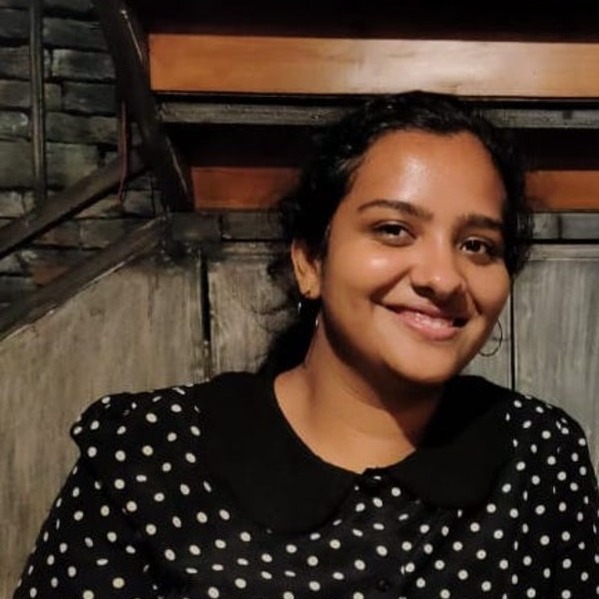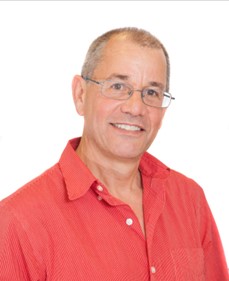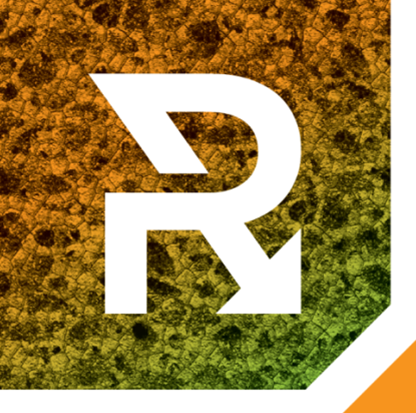University of Manchester(UoM), Manchester, England
Project description
The goal of this project is to identify the downstream targets of reactive oxygen species (ROS) during appendage regeneration in zebrafish. For many years, my research group has been investigating the molecular and cellular mechanisms involved in tissue formation, repair and regeneration in Xenopus and zebrafish, two vertebrate model organisms with high regenerative capacity. Recent work from my laboratory has revealed the importance of sustained reactive oxygen species (ROS) during appendage regeneration and embryonic development1–3. Furthermore, our findings suggest that elevated ROS levels promote cell proliferation, growth factor signalling and metabolism; processes essential for regeneration. This project will expand upon these findings by identifying the critical downstream targets of adult caudal fin regeneration and heart regeneration in zebrafish, with a particular emphasis on the family of protein tyrosine phosphatases.4
- Love, N.R., Chen, Y., Ishibashi, S., Kritsiligkou, P., Lea, R., Koh, Y., Gallop, J.L., Dorey, K., and Amaya, E. (2013). Amputation-induced reactive oxygen species are required for successful Xenopus tadpole tail regeneration. Nat Cell Biol 15, 222–228. 10.1038/ncb2659.
- Han, Y., Ishibashi, S., Iglesias-Gonzalez, J., Chen, Y., Love, N.R., and Amaya, E. (2018). Ca2+-Induced Mitochondrial ROS Regulate the Early Embryonic Cell Cycle. Cell Reports 22, 218–231. 10.1016/j.celrep.2017.12.042.
- Chopra, K., Folkmanaitė, M., Stockdale, L., Shathish, V., Ishibashi, S., Bergin, R., Amich, J., and Amaya, E. (2023). Duox is the primary NADPH oxidase responsible for ROS production during adult caudal fin regeneration in zebrafish. iScience, 106147. 10.1016/j.isci.2023.106147.
- Helston, O., and Amaya, E. (2021). Reactive oxygen species during heart regeneration in zebrafish: Lessons for future clinical therapies. Wound Repair Regen 29, 211–224. 10.1111/wrr.12892.
Doctoral Candidate
Jennifer John
Hi! I am Jennifer John, from India. I graduated with an integrated Master’s in Biological Sciences from the Indian Institute of Science Education and Research, Mohali in the year 2022. My excitement to understand how an organism develops from a single cell made me work on different aspects of developmental biology and tissue regeneration in D. melanogaster and zebrafish, during my undergrad years. Subsequently for my master’s thesis, I got to investigate the embryonic origin of the larval hematopoietic organ in D. melanogaster. These opportunities helped me appreciate the intricacies behind the complex developmental processes that make us who we are today.
During the course of my study, I got excited to learn more about the processes that are not only pivotal for tissue development but are also important for eliciting a regenerative response in many other vertebrates and invertebrates. In the REGENERATE-IT Network, I’ll be working with Prof. Enrique Amaya at the University of Manchester where we are studying the role and regulation of reactive oxygen species (ROS) during appendage and organ regeneration in zebrafish. In this study, we’ll be focusing on investigating the downstream targets of ROS during zebrafish fin and heart regeneration, with a particular focus on protein tyrosine phosphatases. Outside of science, I am a Bharatanatyam dancer and I have a keen interest in exploring new places!

Principal Investigator
Enrique Amaya, PhD
Professor of Tissue Regeneration
Faculty of Biology, Medicine and Health,
University of Manchester, UK
ORCID: 0000-0002-1805-8548
E-mail: enrique.amaya@manchester.ac.uk
Visit lab page

University of Manchester
The University of Manchester (UoM) has a global reputation in life sciences research that spans the entire spread of life sciences from molecules to cells to organisms. In addition, the UoM offers world-leading multidisciplinary biomedical science and clinical translational strengths, all integrated within one single-site campus. UoM is a partner on all three funded UKRMP hubs: ‘Engineering and exploiting the stem cell niche’, ‘Acellular technologies, ‘Safety and efficacy’, and ‘Immuno-modulation’. Particularly relevant to this REGENERATE-IT training, the UoM also has exceptional strengths in clinical and non-clinical graduate training programmes, especially at the post-graduate level, including an EPSRC-MRC supported Center in Regenerative Medicine.
